NT Budget 2024–25: What Chief Minister Eva Lawler didn’t say about $2.2 billion health spend
The Northern Territory’s $2.2 billion health budget for 2024–25 has been overshadowed by a funding spat between the Chief Minister and NT Health CEO, but scratch deeper and there’s a bigger story to tell.
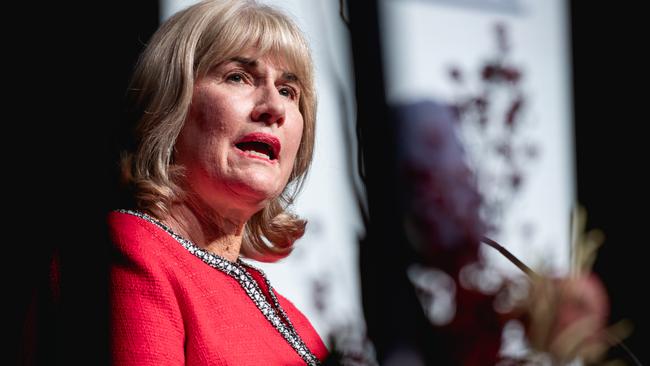
Northern Territory
Don't miss out on the headlines from Northern Territory. Followed categories will be added to My News.
On Tuesday night, Chief Minister Eva Lawler, unveiling her government’s 2024–25 budget, said it was “not a glamorous budget”.
“With me, what you see is what you get,” she told Territorians.
What NT Health chief executive Dr Marco Briceno got was a white-hot fury that his department had blown its 2023–24 budget so severely.
According to the budget papers, NT Health missed the mark in excess of $240m, leading to a reprimand from the chief.
“I’m not going to give them another $200m next year – that’s only going to encourage bad behaviour,” she said.
“They’re getting $100m and they need to work on making sure that they get their budget back into a better position – that’s the reality.”
However, neither Ms Lawler’s savaging of Dr Briceno, nor the perfunctory four paragraphs she devoted to health policy in her budget speech, are the whole story.
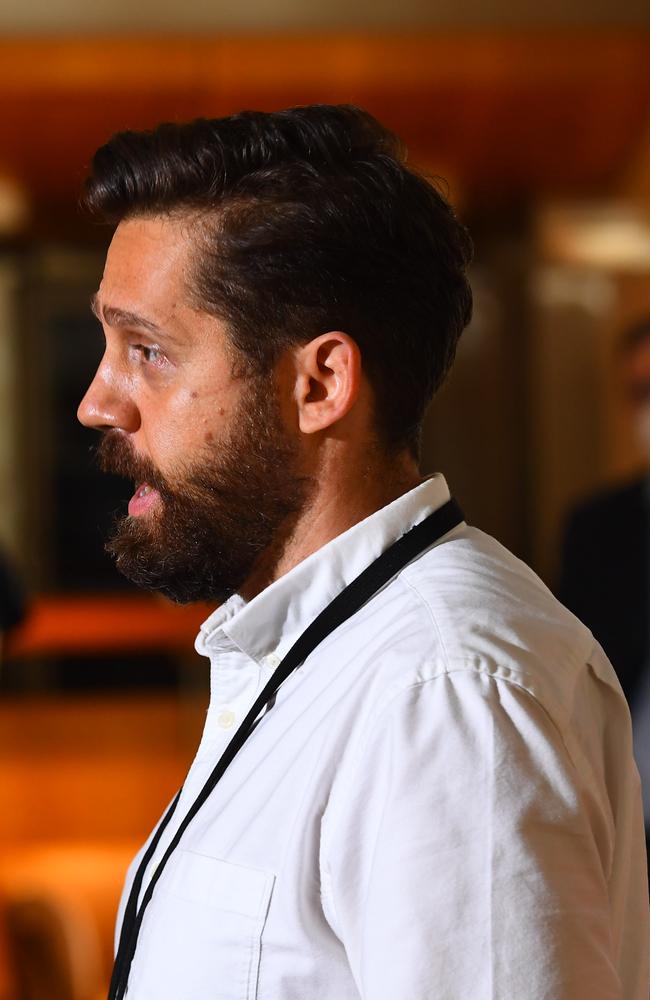
What the chief said
“Budget 2024 delivers $2.2 billion in health services across the Territory.
“Speaker, as part of this investment, $12 million will be fast-tracked to deliver more health facilities to ease hospital pressures, including planning and early works for a new 120-bed aged-care facility in Palmerston.
“Budget 2024 also includes $20 million for a new health centre for Borroloola to improve primary care, closer to home, across the Roper Gulf.
“The health operating budget has also received a substantial boost with an additional investment of $200 million in 2023–24 [the additional money Ms Lawler was forced to cough up to cover blowouts] and $100 million in 2024–25 [the reduced support this year as punishment] to provide more resources where they are needed so that Territorians get the quality care they deserve.”
The budget does not represent the entirety of the government’s plans, with many other initiatives already receiving funding that was not included in Tuesday night’s speech.
These include the $18m, 32-bed modular ward at the Royal Darwin Hospital, which is expected to accept patients in mid-2025, and the $25m expansion of the mental health inpatient unit.
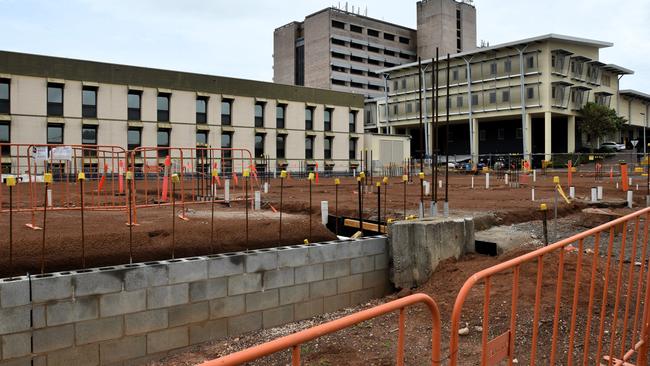
What the chief didn’t say
The new 120-bed aged care facility, which will be located at Holtze, will receive $2 million but is far from being a done deal.
The money will facilitate planning, design and early works.
The NT government wants to save the future operator a buck by doing the early legwork in-house, as it has proven fiendishly difficult to attract aged care operators to the Territory.
Across the wider health system, far fewer positions are being funded: whereas in 2023–24, 7376 full time equivalent (FTE) positions were funded, this financial year there are expected to be only 7175 FTE positions.
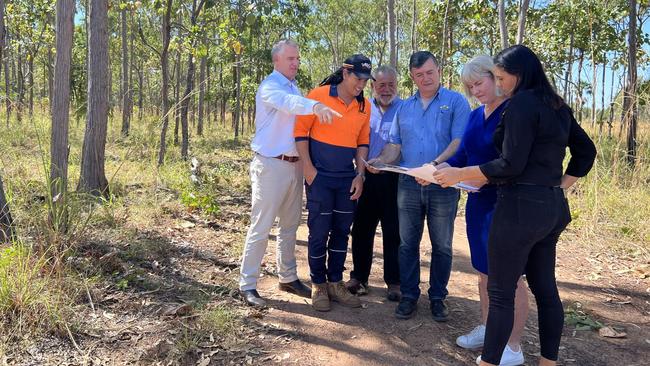
$1.27bn worth of NT Health employee wages were paid in 2023–24; this year, the NT government hopes to see that fall by about $123m.
While it is convenient under a federal system to blame big brother (the Commonwealth) for all that ails your jurisdiction, in the case of the Territory’s health budget, there is a grain of truth: Commonwealth funding of our health system is expected to drop by about $34m this year.
What others said
Dr Thomas Fowles, president of the Australian Salaried Medical Officers’ Federation Northern Territory (ASMOF NT), said NT Health is in “permanent crisis” and accused the government of being “unwilling or unable to get the Commonwealth to pull their weight”.
“Despite having one of the sickest and most remote populations in the country, the NT
continues to be underfunded by the Commonwealth,” he said.
“The Commonwealth contributes 32 per cent of the cost of hospital activity, versus the national average of 40 per cent.
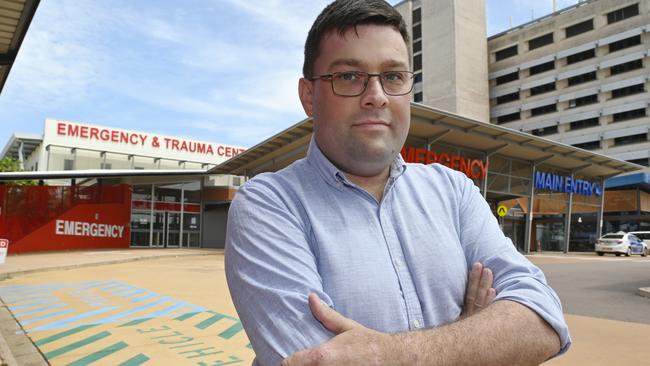
“On top of this, the NT continues to bail out the Commonwealth for provision of primary
health care, which is a federal responsibility.
“The NT pays substantially more for aeromedical retrieval and primary health care relative to other jurisdictions.”
However, bashing Dr Briceno, the fourth CEO in five years, was not the correct response, Dr Fowles said.
“Firing health leadership is not going to solve the ongoing failures of Territory and Commonwealth governments,” he said.
“ASMOF NT suggests that the Health Minister support Dr. Briceno to do his job, and get red tape out of the way of clinicians attempting to deliver safe and efficient health care.”
Australasian College of Emergency Medicine (ACEM) president Dr Stephen Gourley, who is based in Alice Springs, said nothing can substitute for the most pressing need of all: more beds and more clinicians.
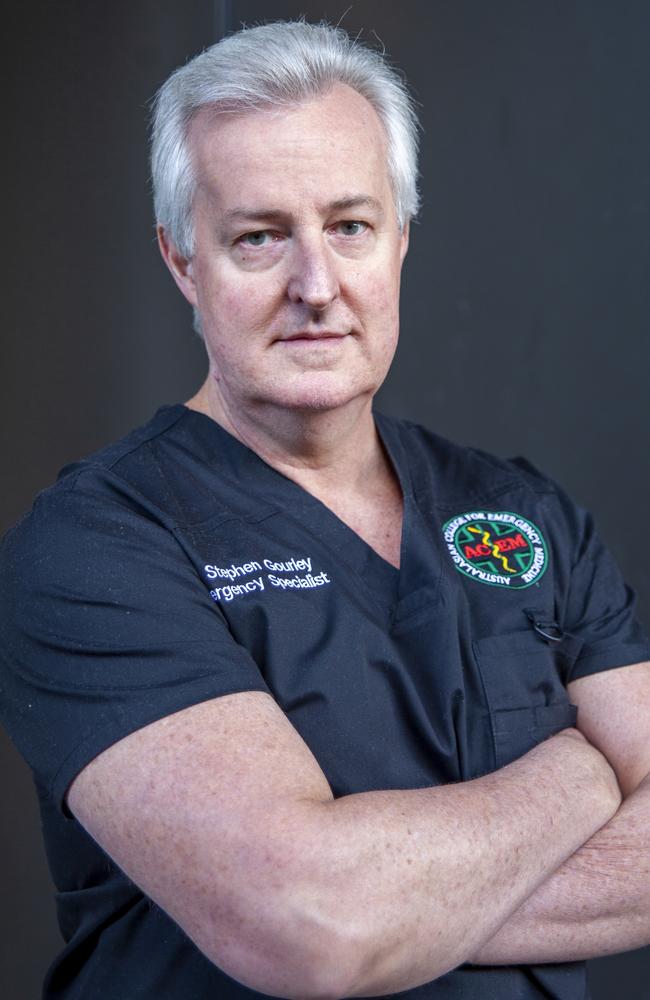
“We urgently need more inpatient hospital beds and staff in Darwin – and ongoing support to keep them safely staffed – and government commitment to maintain sufficient hospital operations in Palmerston,” he said.
He also urged the NT government to be laser-like in its focus on curbing the effects of alcoholism in the Territory.
Alcohol-fuelled violence is one of the biggest issues facing Australian emergency departments, and ACEM recently released a study which revealed over 40 per cent of ED staff often experience alcohol-related violence at work, and almost 100 per cent of ED staff surveyed said that alcohol negatively impacted other patients in ED, Dr Gourley said.





